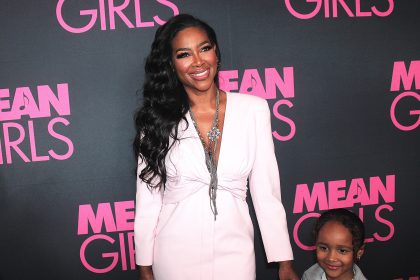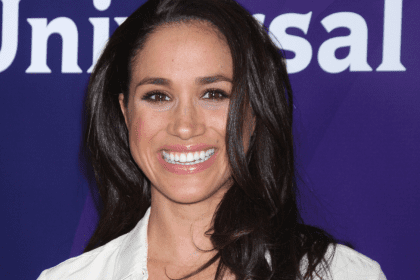
The 2011 American Black Film Festival held discussions touching on many topics in the film industry; one of the most interesting being the business of reality TV. We often ask ourselves how much of what we see on these reality shows are actually real and what’s really scripted.
A panel discussion sponsored by Nielsen and Black Enterprise included four experts in the reality television industry who told all there was to know on the business side of breaking into “the real world.” These panelists were David Hudson, Donna Michelle Anderson (“DMA”), director for A&E Steve Harris and Nielsen analyst Cindy Smith. The discussion was moderated by Black Enterprise magazine’s vice president and editor in chief Derek Dingle.
According to this year’s research, 63 percent of Americans say reality TV has changed America for the worse. So, the questions remains: Will it be sticking around for good? Smith says it will and added that, in 1991, broadcast reality shows took up only 12 percent of programming hours but, currently, broadcast reality shows account for 20 percent of the industry’s offerings.
You may be familiar with classic shows that started the reality kick, such as “Cops” and “America’s Funniest Home Videos,” which only were intended to air as TV specials and did so well in ratings that they decided to continue them as reality shows. In today’s listings, the top two broadcast reality shows are “Dancing with the Stars” and the almighty “American Idol.”

But are reality shows where the money’s at? For NeNe Leakes, Real Housewives of Atlanta, yes. Leakes reportedly earns roughly $3.5 million dollars a year from being on the anticipated, drama-filled show. DMA has written a book titled The Show Starter: Reality TV Made Simple System which provides 10 steps to creating and pitching a salable reality show. But the expert also says for those interested in the business behind reality shows, you may want to think beyond simply “pitching” show ideas and consider being a showrunner, which she says can be accomplished within three to four years. A showrunner is the person who is in charge of a television program. “When you own your own company, you’re the last to be paid. You can make more money being a showrunner,” says DMA.
Harris finalized the future of reality shows by stating that 20 new broadcast television reality shows are slated for 2011. So, if exciting, drama-filled and, sometimes, even death-defying, regularly scheduled reality shows keep you on your toes, then the business aspect of this industry may be right up your alley. –mckenzie harris














